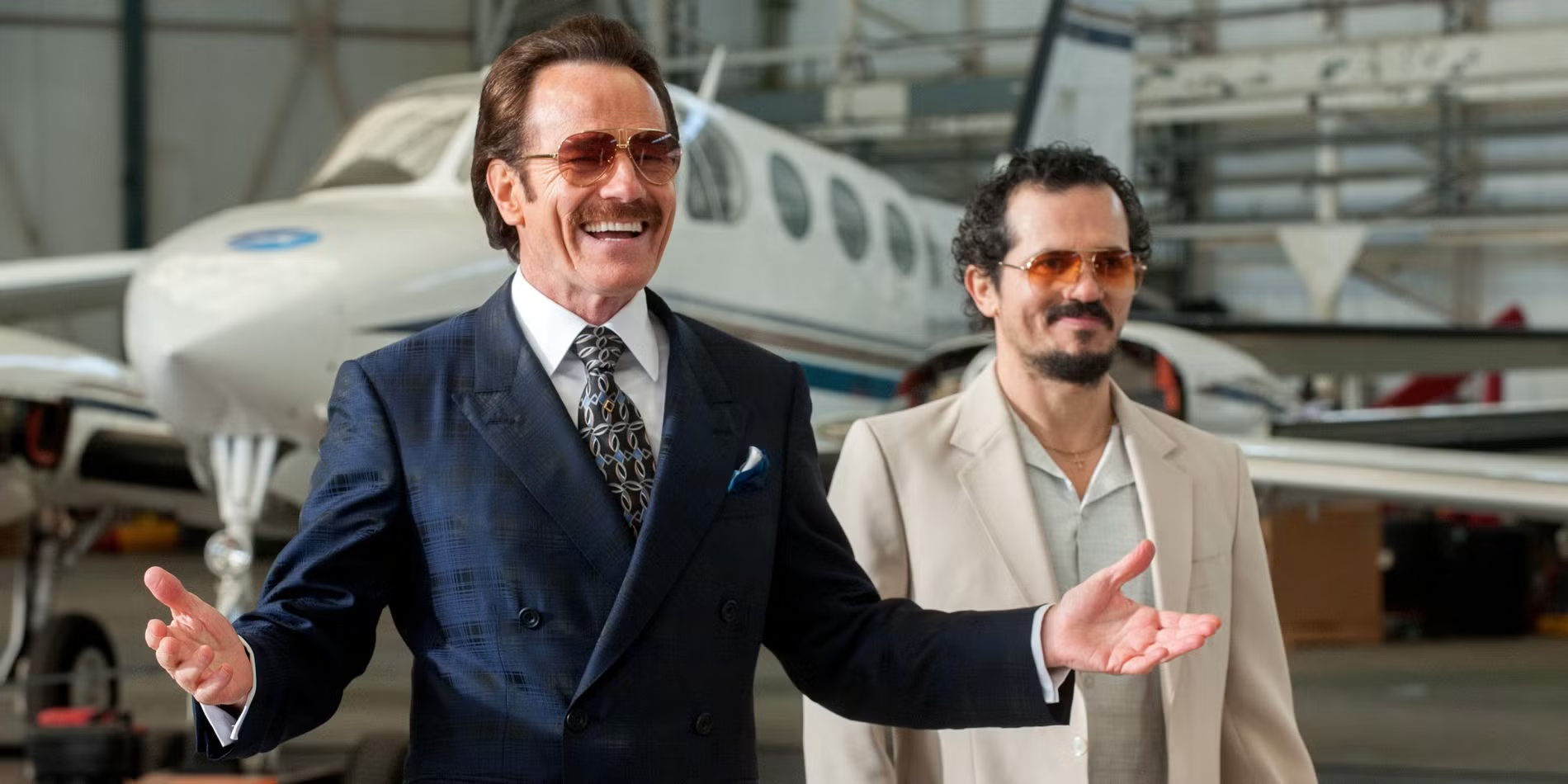Intellectual light weight champion–President Trump. Photo: Gage Skidmore
What will Donald Trump say about Africa when he addresses the United Nations General Assembly Tuesday -if he mentions the continent at all.
Africa has barely registered in President Trump’s book. In January and February, he had managed to speak to a couple of African leaders, namely Egyptian President Abdel Fattah al-Sisi and Nigerian President Ibrahim Buhari as well as South African Jacob Zuma.
Trump’s chilly mien towards them and step child treatment of Africa are evidenced by, inter alia, his call for the complete elimination of the African Development Foundation(ADF) which provides much needed grants in the form of seeds and technical assistance to businesses.
The US government designed the program to empower women and youth. According to an article in the DAILY COMMENT, titled, ‘Donald Trump Lost in Africa’ by Alexis Okeowo (March 29, 2017), in 2016, the US invested just over $50 million. Although modest in terms of world standards, for Africa, this was a tremendous blessing. The current xenophobic approach to the continent is unmistaken.
Among the Moslem-majority nations fingered by Trump’s callous executive order proscribing people from the US, are three from Africa- Somalia, Sudan and Libya. Efforts by academic institutions to put Africa on a sound footage have been greeted with frustration.
The University of Southern California, for example, annually invites representatives of business and government entities in Africa and the US. Sadly, this year no Africans showed up due to non granting of visas to the sixty prospective delegates. The head of the African Union expressed the irony of it all as follows, “The very country to which many of our people were taken as slaves during the transatlantic slave trade has now decided to ban refugees from some of our countries”.
The Trump Administration’s disdain for Africa is a pernicious admixture of ignorance and exploitation. Economic progress for the continent is now on America’s back burner.
It is evident that America’s chair in Africa is empty ready to be occupied by her rivals such as China. Its lingering interest is of a military nature associated with the defeat of ISIS, Al Qaeda and, tangentially, Boko Haram.
Thus, it was hardly surprising that, on Saturday, July 8, 2017, the 45th President of the United States, dumped the high-level G20 pow-wow in Germany in favor of a bilateral meeting. In so doing, he passed the baton to a former business woman and fashion model who took his seat during a session on ‘Partnership with Africa, Migration and Health.’ All because, Ivanka is his daughter.
Brian Fallon of CNN, sarcastically observed in a tweet, “I am sure Republicans would have taken it in a stride if Chelsea Clinton was deputized to perform head of state duties.” Brian Klaas of the London School of Economics displayed the photo of the First Daughter and commented, “Ivanka Trump, unelected, unqualified daughter-in-chief, is representing the US at the G20 summit next to May, Xi, Merkel.”
This whole episode was a demonstration of Trump’s insensitivity to the needs of more than one billion people. Why was Ivanka in on this session. It is no secrete that her knowledge of Africa is scanty, at best. Her interests are limited to the Safari adventures that she and her family have taken and business prospects. Her exclusive line of shoes made for working women are currently made in China (one wonders why).
Due to dirt cheap labor, the factories may move to Africa (one still wonders why) in the age of MADE IN AMERICA. A related question; why did Trump excuse himself from participation in the deliberations that included the ‘Compact for Africa’ whose aim is to support a financial structure to increase investment prospects and create jobs in Africa?
Incidentally, the Germans have taken partial ownership of the project now dubbed the ‘German Marshall Plan for Africa.’ Ominously, President Trump got up and walked out of the session just as World Bank President Jim Jong Kim was laying out a consensus agreement. One cannot help but draw the conclusion that No 45 has all but written the continent off the map of the world. The following observations apply:
After his election as President, a tremendous sense of apprehension gripped Africa. In a piece titled, ‘It might not be the end of the world if Africa drops off Donald Trump’s map’, Yinka Adegoke (Quartz-Africa, November 13, 2016) wrote, “In a break from diplomatic niceties, Ellen Johnson Sirleaf, the President of Liberia, described Hillary Clinton’s loss as ‘extremely’ sad. Africa’s first Nobel Prize laureate for literature, Wole Soyinka, said he will make good on his promise to rip up his US green card.”
It is no accident that the heartiest congratulations for Trump’s ascendancy to power were offered by some of the leading dictators in Africa.
Riva Levinson, opinion contributor of THE HILL, reported that, “During the May G-7 summit in Italy, when the President of Mali reached the podium to give the African perspective, President Trump removed his headphones, opting out of the French-to-English translation. Many interpreted the gesture as a disregard for the African agenda.” Indeed, it was.
Up to date, Abdel Fattah el-Sisi of Egypt is the only African leader that has been invited to the Trump White House. He has managed only to speak to President Muhammadu Buhari of Nigeria and President Jacob Zuma of South Africa.
There was contemplation of yet naming an acting Secretary of State for African Affairs. This, despite the fact that the post has been regarded as a substantive appointment in all US administrations. In fact, it had been reported that in March, Rudy Atallah, a highly thought of specialist on Africa had been considered for the post of National Security Council’s Senior Director for Africa. However, the job was rescinded. This is emblematic of negative orientation towards things African by the Trump billionaire crowd.
Based on a document authored by Trump’s transition unit in November 2016, the in-coming administration was contemplating the possibility of limiting or even eliminating US involvement in African programs that previous administrations deemed essential to American foreign policy.
They include efforts to rid the continent of militant groups such as Somalia’s Al-Shabab; President George W. Bush’s initiative to reduce the scourge of HIV/AIDS that goes by the name of PEPFAR. According to the New York Times report, the more than $70 billion pledged by PEPFAR will be forfeited if current plans prevail; down-sizing the African Growth and Opportunity Act (AGOA) which President Obama had re-authorized to the end of 2025. Through it, nations have access to tariff-free goods in the US.
According to research done by John J. Stemlau (African Independence- Business, July 7, 2017), a recent Pew global survey on views about the US under Trump revealed unflattereing results. It pointed out that countries that included six in Africa namely Senegal, Kenya, South Africa, Nigeria, Tanzania and Ghana showed 15% drop in positivity. The drop was from 64% during Obama to 49%.
Trump’s myopic motto, ‘America First’, is complemented by an unspoken one, ‘Africa Never.’ His military interests are driven by the US’s ability to make money selling ammunition and the burning desire to destroy Isis and Al Qaeda in relevant areas. His refusal to take notice of Africa is bound to be deleterious to US-Africa relations.
It will, for example, sink the Obama initiatives in the form of Trade Africa, Doing Business in Africa and Young African Leaders Initiative (YALI). One of the nadirs of Trump Africa policy is that it is tone deaf to the advantages of promoting the virtues of democracy, human rights and good governance which are crying for attention.
Granted, Trump’s administration has cultivated a love affair with Egypt which, though an African country, it is a large part of Arab interaction. So far, there is no sign of interest in Black Africa given its size, political, social, economic and cultural significance to America. After all, close to 20% of US citizens are of African descent. Trump’s predecessor is a progeny of Kenyan parentage. There is a disturbing trend among the new foreign affairs operatives who casually view African issues as problems.
For example, they regard disturbances in Sudan and Ethiopia as purely domestic matters. President Obama took steps to reduce the danger posed by extremists in South Sudan but Trump won’t. He has chosen the vain glory of beefing up the military to fight ISIS over the humanitarian needs of the continent. The Secretary of State and the President have yet to make plans about visiting Africa.
Luckily, one of the unintended benefits of Trump’s dissing of Africa is the realization of people of African Origin worldwide that they need to heed the call for an Africacentric global view towards a common agenda.


















